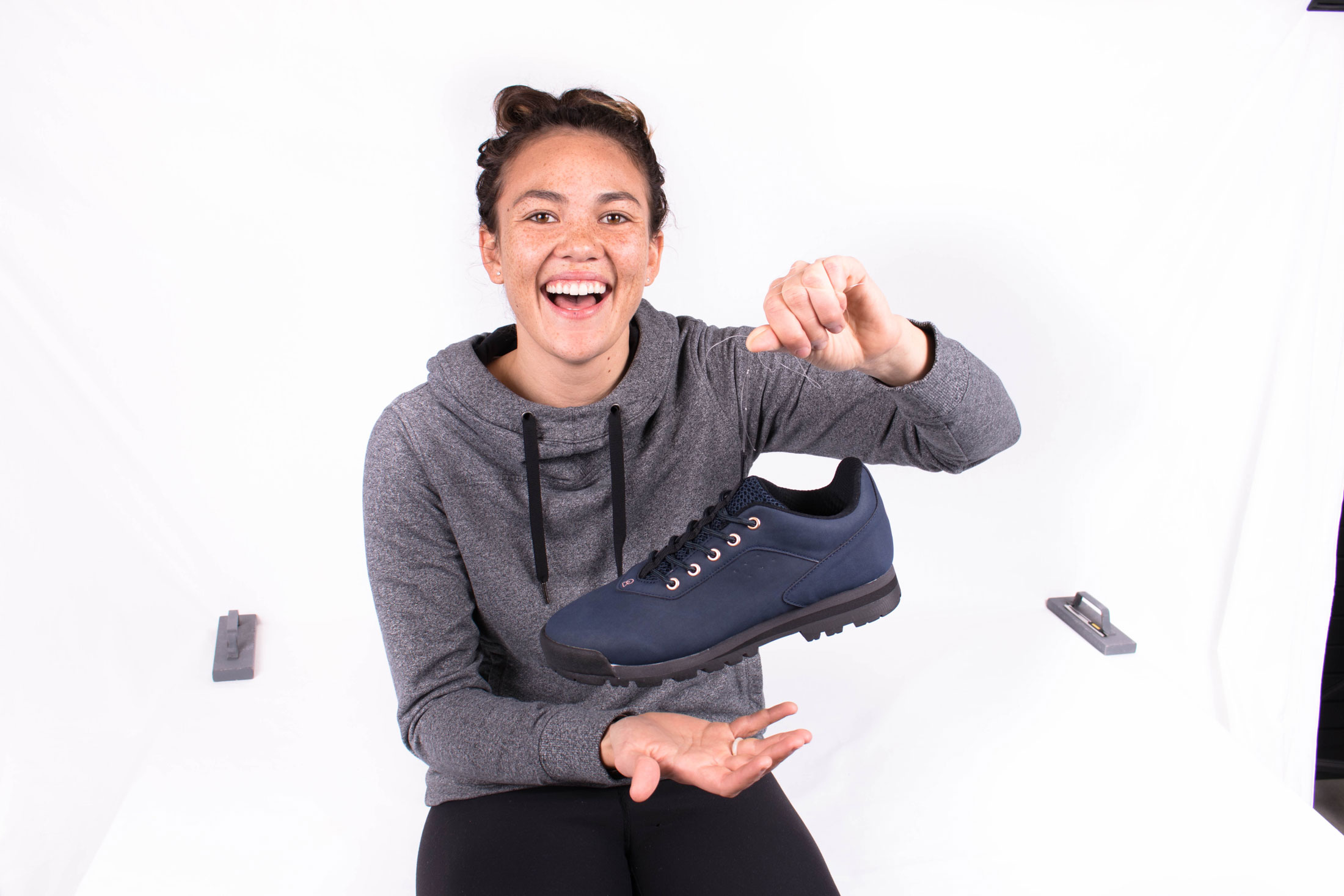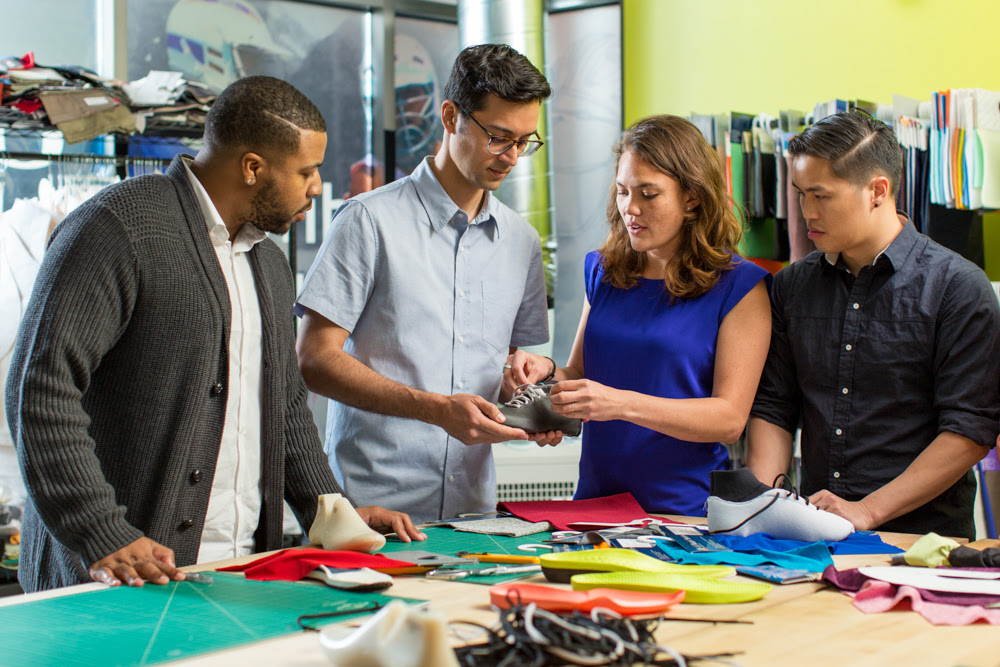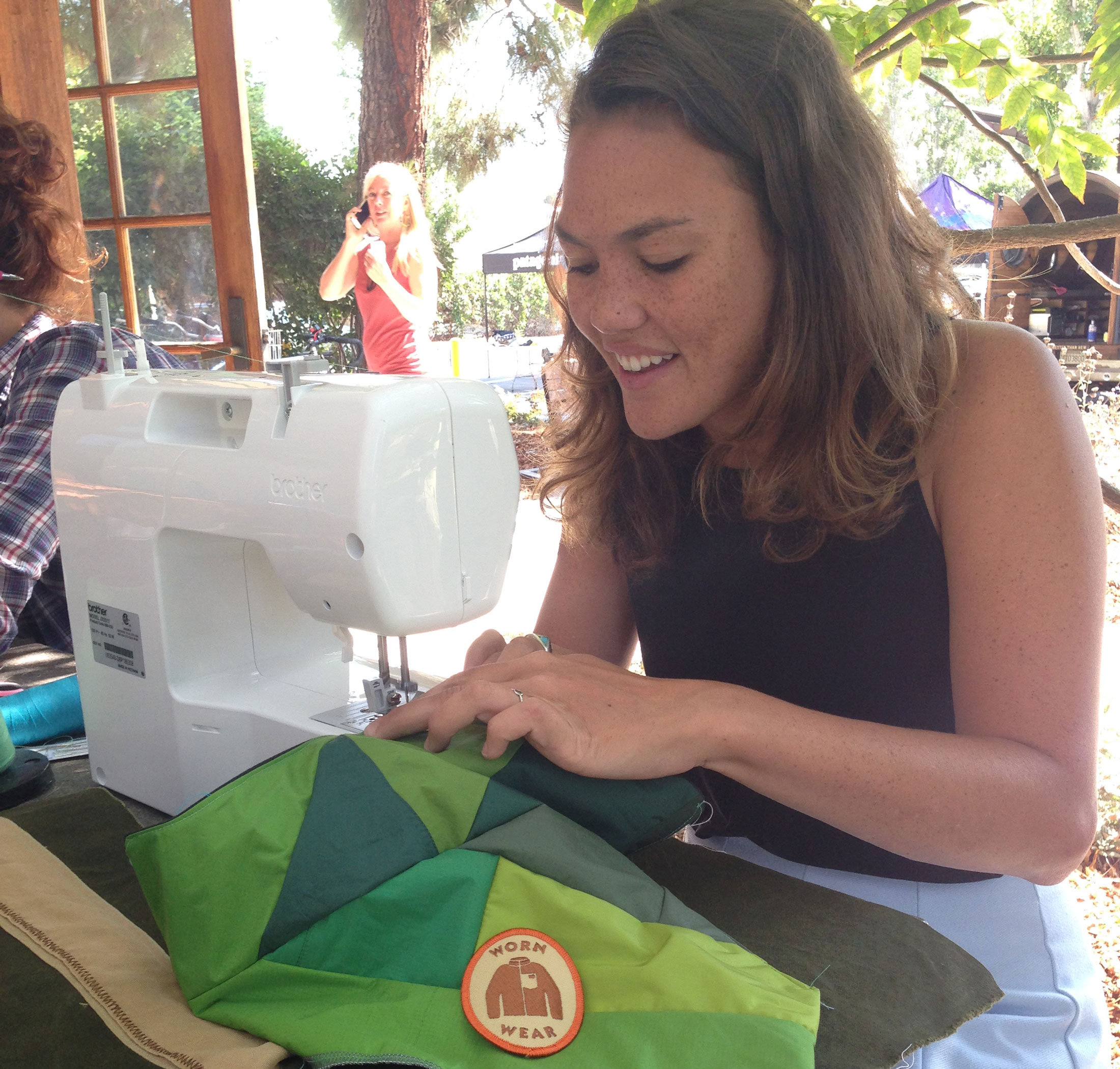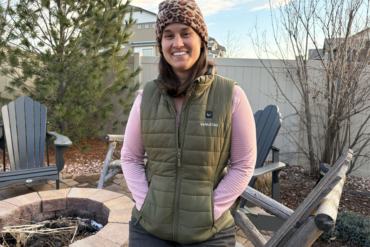The University of Oregon is educating the next generation of sports and outdoor product management professionals. And now people can get the popular master’s degree from anywhere.
Starting in April, the Portland-based university will offer its Sports Product Management (SPM) master’s program in a two-year online format. That means you don’t need to relocate to Oregon to earn the prestigious credentials.
The on-campus SPM program will remain intact. Designed with people in the outdoor industry in mind, the new SPM online degree will mimic the classroom-based program with digital tools to keep students engaged.
The remote SPM master’s degree option gives working professionals a lot of flexibility. Because the 24-month online program is technically part-time, it will help people of all ages and backgrounds pursue the specialized degree while working at the same time.

SPM Online Experiential Programming
Both the traditional and online SPM master’s programs are experienced-based. They include opportunities for residencies, travel, and immersive learning.
Those accepted to the online master’s program will have the opportunity to travel to Portland once every six months, along with an experiential trip to Asia to learn about manufacturing at sports product factories.
Additionally, SPM online includes hands-on “toolkits”: all the products and materials students would otherwise be using in class to learn. “The Term Tool Kit allows online students to work with their hands to create something tangible,” said SPM graduate Sean Slootmaker. “‘Fail fast’ is a motto we all adopt right away. The end result is a prototype that they can be proud of.”
Slootmaker also relished the chance to see the industry in action in Asia. “The trip gave me the chance to understand that not everyone consumes products the same way I do,” he said. “Seeing the market and retail atmosphere in person shifted my understanding and approach to how best to reach a global market as a sports product company.”
Where SPM Graduates Go
SPM master’s program graduates at the University of Oregon have gone on to work for brands like Patagonia, Dakine, and Outdoor Research. And it helps that many professors cut their teeth at international sports companies like Adidas, Nike, Columbia Sportswear, and Under Armour.
If recent history holds true, SPM students immediately become part of a heavily head-hunted group. Sara Nazim, who graduated last year, said the University of Oregon SPM degree levels the playing field.
“The outdoor industry has long been accused of being insular with no formalized talent pipeline,” she said. “Part of what I love about this program is the focus on helping students gain an entry point that is more about what you know than who you know.”
Concept to Commercialization
Nazim interned at Patagonia during the program. Upon graduation, she landed a position as an associate product line manager at Outdoor Research in Seattle. She oversees the company’s headwear line.
Nazim credits the experiential SPM master’s program with helping her refine her career goals. The specialized schooling and in-the-field opportunities shifted Nazim’s interests from marketing, her undergrad degree, to product management.
Her favorite part was learning the product creation process. “I often lost track of time and found myself many hours later with a half-dozen shoe tongues all made with different construction methods I dreamt up.”
The SPM degree includes education in product line management, development, engineering, innovation, sourcing, and costing. It teaches demand planning and the management of materials, factory, sustainability supply chain, retail, and brand.
https://vimeo.com/104623636
A Global Perspective
Lauren Fukuhara grew up in Oahu, Hawaii. She’d never been to the mainland before attending SPM, and she soaked in every opportunity. She was able to travel the world through this program, which she graduated from this year.
“We went to Germany for ISPO and to the Adidas headquarters, Vietnam, Hong Kong, Singapore, and South Korea to see the Olympic stadium,” Fukuhara said. “All this travel has opened up my perspective on so many things.”
Additionally, a summer internship at Maxport took Fukuhara to a cut-and-sew garment factory in Vietnam.
“Oftentimes, people in the industry get to travel to factories for a couple days to check out samples. However, I got the invaluable opportunity to live and work there for three months,” she said. “Besides learning how the factory works, I learned a lot about the cultural differences.”
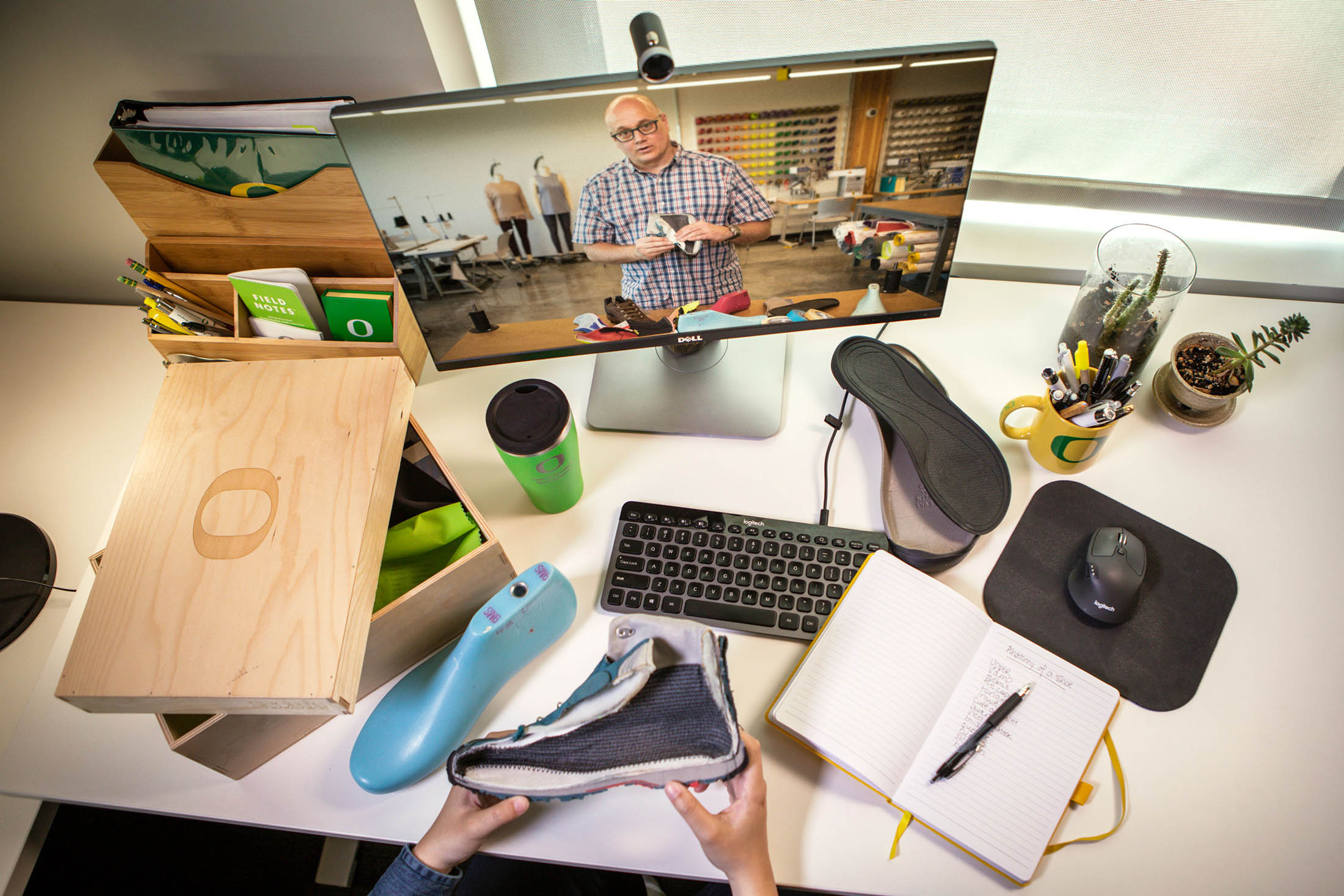
Some of those differences extended to the program itself. “We had people straight out of college to people with families wanting a career change. We had designers to accountants to marketing to engineering backgrounds. And we had people from Hawaii (me) to the East Coast, and all over the world like Thailand, Iran, and Korea,” Fukuhara said.
“With so many different perspectives, I learned just as much from my cohort as I did from the academic side of the program itself.”
Putting the Education in Action
Today, Fukuhara is putting her experience and knowledge into action at Dakine, where she works as an apparel developer. She applies her new niche skills to bills of materials and spec sheets as well as insight into supply chain issues such as inventory and lead times.
She called the environment constantly creative, energetic, and collaborative. “I get to work on apparel across all categories, from graphic T-shirts to technical snow apparel jackets to the lifestyle line,” she said. “The SPM program definitely helped me in understanding the general 18-month creation process.”
Similarly, Nazim puts the technical skills she learned at SPM to use at Outdoor Research on the daily. She hit the ground running at her post-graduation position.
“Thanks to merchandising and finance classes, I’m able to analyze weak points and opportunities in my product line. Thanks to supply chain and logistics classes, I’m able to minimize material waste and allocate resources. Best of all, I can apply what I learned in SPM’s Innovation Lab and be an asset during rapid prototyping,” she said.
“I once shut down my spreadsheet and Illustrator file and went straight to the sewing machine to make a prototype bivy sack, because it felt like the most efficient way to communicate a product feature.”
Both graduates appreciate that they get to geek out in an industry that’s constantly evolving.
“Monday morning conversations usually revolve around something rad my coworkers did outside, followed by thoughts on their gear,” Nazim said.
“I get so into products that sometimes I forget that it’s not appropriate to feel the fabric on a jacket sleeve of a person I don’t know at a dinner party.”
The application deadline for the SPM program is March 1, 2019, with rolling admission after that. Classes begin April 1.
This article is sponsored by the University of Oregon. Learn more about the school’s innovative Sports Product Management degree.


